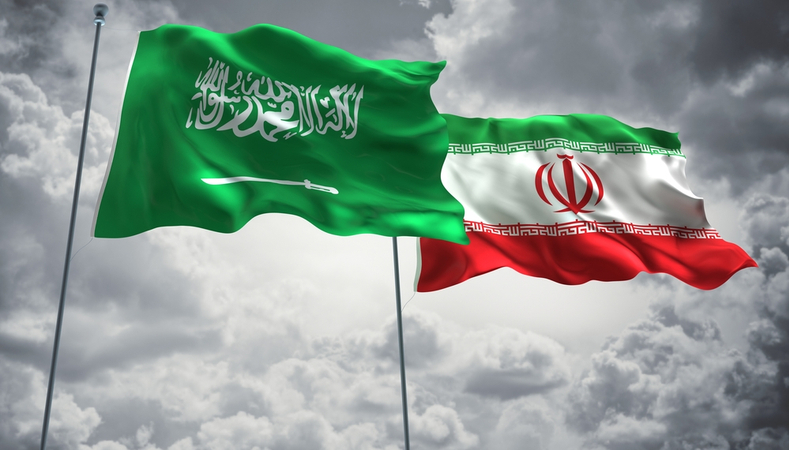Iran – Saudi Arabia secret negotiations in Baghdad, turning point in diplomatic relations?

Iran and Saudi Arabia have started direct confidential talks to try to lower the tension between the two historical rivals in the Persian Gulf. On April 9, executives of the security services of the two countries met in Baghdad, Iraq, thanks also to the mediation of Iraqi Prime Minister Mustafa Al Kadhimi, according to media reports, adding that new meetings are expected in the coming weeks.
The Iran and Saudi Arabia delegates met in Baghdad, formalizing the renewal of relations, interrupted in 2016, between two giants decisive for the fate of the Middle East and the Muslim world. The news of the rapprochement between Tehran and Riyadh was first given by the Financial Times, based on rumors seized by the financial newspaper already on Sunday.The following day, confirmations arrived from the parties involved: the spokesman for the Foreign Ministry of the Islamic Republic, Saeed Khatib Zadeh, said that his country welcomes the dialogue with the Kingdom of Saudi Arabia because “it is in the interest of the region”.
This is the biggest step forward made between the two nations since 2016, the year of the breakdown of relations. The background that led to the halt of the dialogue are not only strictly geopolitical – war in Yemen, oil production, JCPoA nuclear agreement, control of the passage of boats between the Persian Gulf and the Strait of Hormuz – but mainly of a religious nature.
Following the beheading in Saudi Arabia of Nimr al-Nimr, a Shiite clergy – a majority religious component in Iran but a minority in the Muslim world – an opponent of the Riyadh government, a significant number of demonstrators first began protesting in front of the Saudi Embassy in Tehran, and then occupy it by destroying its offices. The protests over the death of al-Nimr were vehement in many parts of the world and inexorably led to the interruption of diplomatic relations between the Islamic Republic and the Kingdom of the Saud.
The new push for dialogue is based mainly on diplomatic developments in the area impressed by the US administration led by Joe Biden.The Democrats have an opposite approach than the Republicans towards relations with the Saudi Royal House and on the Iranian nuclear issue.
On the one hand, the White House has set limits to its relations with Mohammed Bin Salman in the aftermath of the death of journalist Jamal Khashoggi, with a CIA report – declassified at the behest of the President – which considers him the instigator of the murder.On the other hand, there is an attempt to mediate on the 2015 nuclear agreement from which Trump unilaterally withdraw in 2018, opening up again to dialogue – albeit indirectly between Tehran and Washington – in Vienna.
From Baghdad, the Iraqi capital that hosted the meeting, news comes of steps forward for the Yemen crisis, a country at war where the pro-government backed by the Saudis and the so-called Houthi rebels backed by the Iranians are facing each other. According to FT sources, the discussions would have been positive, so much so that a new face-to-face should take place as early as next week.
The visit to Riyadh by Iraqi Prime Minister Mustafa al-Kadhimi, hosted at the Royal Palace by Prince bin Salman, would have allowed the step forward in the restart of relations, with Iran very close to Baghdad both from a political and economic point of view. religious, especially after the end of the government led by Saddam Hussein. For some time, Iran has been sending signals of openness to Saudi Arabia; the diplomatic situation, now, could be favourable for a new beginning that would give hope to the entire Middle East area.




